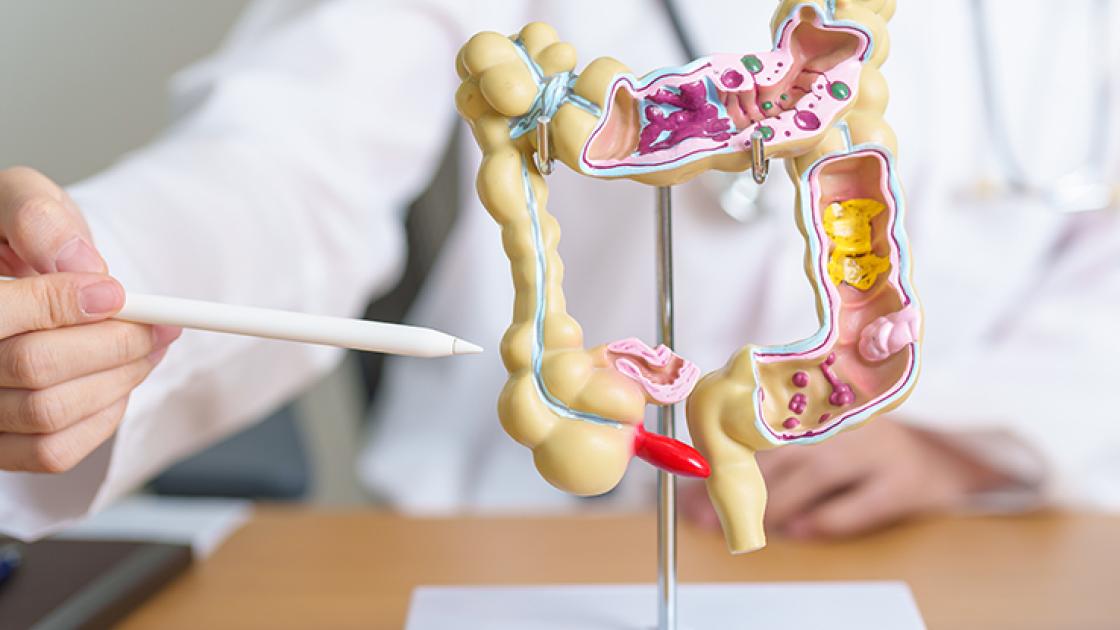
Can my menstrual cycle affect my mental health?
Many women who get periods experience changes in mood and energy levels associated with their menstrual cycle. These changes can be challenging and, for some individuals, can even disrupt daily life.
The good news is, learning about the relationship between mental health and the menstrual cycle can help you better understand and cope with the emotional and physical changes you may notice. Read on.
Mental health, PMS and the menstrual cycle
According to the U.S. Department of Health and Human Services Office on Women's Health, 90 percent of women who get periods experience at least some symptoms of premenstrual syndrome (PMS). PMS is not considered a mental health condition, but it can affect a person's mental, emotional and physical well-being.
Specifically, PMS is a collection of symptoms that occur after ovulation (the release of an egg from an ovary) and before the start of a period. While they vary significantly from person to person, common signs and symptoms of PMS include:
- Breast swelling and tenderness
- Gastrointestinal discomfort like constipation, diarrhea, bloating and gas
- Cramping, usually in the lower abdomen and pelvis
- Headaches and back aches
- Increased sensitivity to light or noise
- Clumsiness
- Fatigue
- Changes in sleep or appetite (e.g., sleeping too much/too little, food cravings, binge eating, etc.)
- Irritability, sadness and/or anxiety
- Problems with memory and concentration
- Mood swings
- Decreased interest in sex (decreased libido)
The medical and scientific community is still learning about what causes PMS, but it's important to understand that these emotional and physical symptoms aren't "all in your head." In fact, many researchers believe that PMS is related to rapid changes in estrogen and progesterone levels that happens naturally after ovulation in non-pregnant people. These hormones influence chemicals in the brain (called neurotransmitters) like serotonin and dopamine, which can affect things like mood, energy, sleep and appetite.
Generally, PMS symptoms begin a few days to two weeks prior to the onset of menses (period). Once a woman's period starts and her hormone levels begin to rise again, PMS symptoms usually go away within a few days.
Is it more than PMS? Signs of PMDD
While most women experience mild PMS symptoms, an estimated 20 to 40 percent of women report symptoms that are moderate or severe (this might be because some women are more sensitive to changing hormone levels). And about 5 percent of women of childbearing age experience a severe form of PMS known as premenstrual dysphoric disorder (PMDD).
PMDD is associated with severe depression, anxiety, irritability, and other signs and symptoms that significantly disrupt daily activities. A person with PMDD may be unable to fulfill their work, school or caregiver responsibilities, for example. Certain risk factors may increase the risk of PMDD, including high stress levels and a family or personal history of depression.
Like PMS, symptoms of PMDD usually develop within two weeks before a period and get better within a few days after a period starts. However, people with PMDD may be more likely to need medication or other treatment to help control their symptoms.
Only a healthcare provider can diagnose PMDD. If you are struggling with severe PMS symptoms, see a health care provider. They can give you a personalized treatment plan and also rule out other conditions that may look like PMDD, including depression, anxiety, chronic fatigue syndrome, irritable bowel syndrome and thyroid disease.
How to support your mental health during your menstrual cycle
There are plenty of things you can do to support your mental health and alleviate symptoms of PMS and PMDD.
- Get regular aerobic exercise
- Choose healthy whole foods
- Do your best to get about eight hours of sleep each night
- Stop smoking (or never start)
- Minimize alcohol intake
- Use healthy stress management techniques like yoga, meditation, journaling, massage, acupuncture, being with friends, or counseling
- Discuss medication and supplement options with your health care provider, including vitamins, minerals and over-the-counter or prescription pain relievers
Do you need help coping with your PMS or related symptoms?
At SIU Medicine, our providers are dedicated to helping people from all walks of life feel comfortable, confident and safe in their bodies. If you're struggling with PMS symptoms or would like to learn about your treatment options, find a doctor today.



